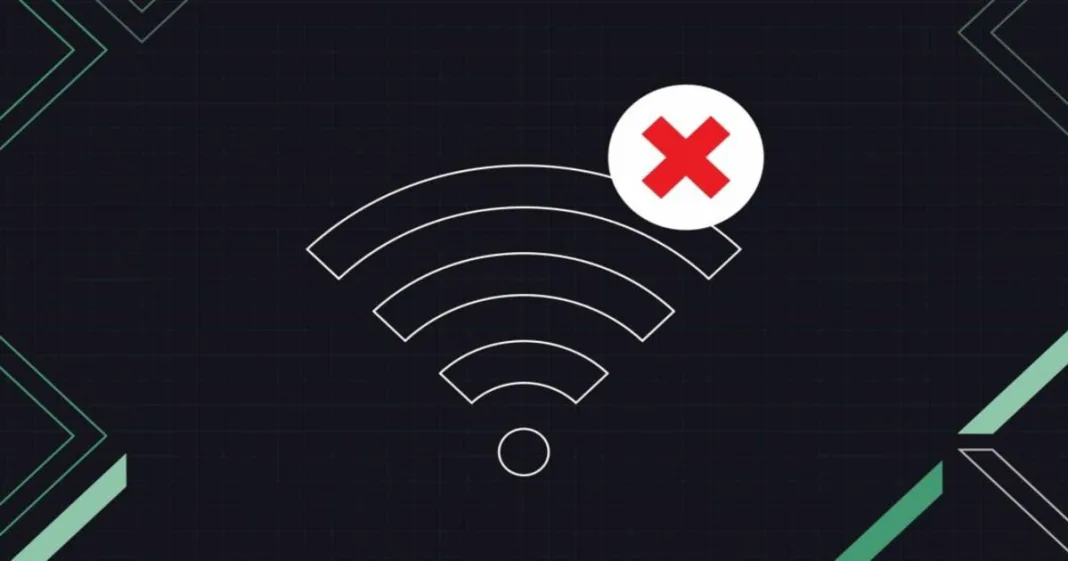Pakistan is grappling with a significant internet slowdown that has severely affected the nation’s digital economy. The Wireless and Internet Service Providers Association of Pakistan (WISPAP) has attributed this decline to the government’s enhanced efforts to monitor internet traffic, resulting in a nationwide decrease in internet speeds by 30 to 40%. The slowdown has particularly impacted call centers, e-commerce professionals, and electronic-related businesses, which rely heavily on fast and reliable internet connectivity.
WISPAP Chairman Shahzad Arshad expressed concerns over the deteriorating service quality, warning that the situation could lead to a “mass exodus of businesses from Pakistan.” Many businesses are already contemplating relocation to countries with more stable internet services. The government’s silence on this issue has only exacerbated the uncertainty and frustration among internet users and businesses alike.
The slowdown has not only disrupted daily operations but also threatens the survival of sectors that form the backbone of Pakistan’s burgeoning digital economy. The government’s intensified internet surveillance efforts, although aimed at enhancing security, have inadvertently crippled the very infrastructure that supports the nation’s economic growth.
Impact on Business and Economy
The internet slowdown has had far-reaching consequences for Pakistan’s economy. According to WISPAP, the restricted connectivity has caused significant financial losses, particularly for online businesses, including e-commerce platforms and ride-hailing services. Users of popular messaging apps like WhatsApp have reported long delays and frequent failures in uploading and downloading content, further hampering business communications.
The Overseas Investors Chamber of Commerce and Industry (OICCI) has also voiced concerns, highlighting that frequent internet disruptions threaten the vision of a strong digital infrastructure as the backbone of Pakistan’s economic development.
In 2023, Pakistani startups raised only $75.8 million across 39 deals, reflecting a sharp decline of 77% in funding and 42% in deal volume compared to the previous year. Freelancers, who generate over $1 billion in revenue annually, are also struggling due to the internet slowdown, which has eroded investor confidence and further isolated Pakistan from the global digital economy.
Read More: Indian Youtuber Arrested for Making ‘Peacock Curry’ on Youtube
The economic repercussions of these disruptions are profound, with the services sector facing mounting challenges. As Pakistan already struggles to attract foreign direct investment (FDI), the ongoing internet issues could derail the country’s economic progress and stifle innovation, potentially leading to long-term damage to the nation’s economic prospects.
The Role of Internet Surveillance and Firewalls
The current internet slowdown has been linked to the alleged testing of an internet firewall designed to control the flow of online content. This firewall is equipped with filters intended to block unwanted content from reaching a wider audience, a measure the government considers necessary for national security. However, this has resulted in bottlenecks that have drastically slowed down internet traffic, impacting businesses and individuals across the country.
Digital rights activists have criticized the government for its lack of transparency and accountability regarding the internet restrictions. Nighat Dad, a lawyer and digital rights advocate, pointed out that misinformation and fake news thrive in such an ambiguous environment. She emphasized that the government’s narrative around security-related internet restrictions needs to be clarified, as the current measures are causing more harm than good to Pakistan’s digital ecosystem.
The testing of the internet firewall has also raised concerns about the potential misuse of Virtual Private Networks (VPNs), with the government reportedly considering mandatory registration of VPNs with the Pakistan Telecommunication Authority (PTA). This move, if implemented, could further restrict internet freedom and exacerbate the challenges faced by businesses and individuals who rely on secure and private online communication.
Call for Transparency and Dialogue
The ongoing internet issues in Pakistan highlight the urgent need for transparency and open dialogue between the government, businesses, and the public. Experts have called on the government to provide clear and detailed explanations of the measures being taken, including the rationale behind the internet surveillance efforts and the testing of the firewall. Without such transparency, the current situation could lead to a loss of trust in the government and further destabilize the digital economy.
The OICCI has urged the government to address these concerns promptly to prevent further damage to Pakistan’s economy. As the nation faces a critical juncture in its digital development, it is essential for the government to strike a balance between security and economic growth. By fostering a transparent and collaborative approach, Pakistan can work towards restoring confidence in its digital infrastructure and ensuring the long-term sustainability of its digital economy.
The internet slowdown serves as a stark reminder of the delicate balance between security and economic progress. As Pakistan navigates these challenges, the government’s actions in the coming weeks will be crucial in determining the future trajectory of the country’s digital landscape.














